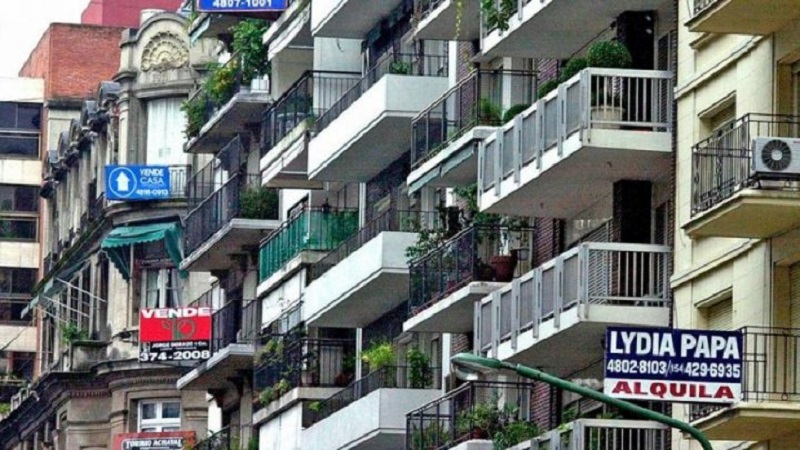
After the PASO, the minister-candidate Sergio Massa applied a devaluation of the official exchange rate agreed with the IMF of 22% and a sharp rise in interest rates. In this way the official dollar he noticed the $ 350in turn impacting on the Dolar bluewhich rose almost 30% in just three days and approached $800, also pushed by electoral uncertainty.
The sudden devaluation has its consequences. Although the Government had previously defined accelerating the daily mini-devaluations of the official dollar, the discrete jump of 22% implies, in a context of chronic inflationary inertia where the price index accumulates six consecutive months with annual inflation above 100%, it cannot more than accelerating the escalation of internal prices, chain remarks, speculation and uncertainty.
The effect of the rise in the dollar on prices is given mainly by way of increase the cost of a large number of imported inputs and products as well as food and other products of the family basket that are exported (wheat, corn, meat, oils) and that they will update their internal price. Estimates indicate that for the first time in 21 years monthly inflation could be in double digits, reaching between 10 and 15% in August and could reach 20% in September.
Among the prices that are becoming more expensive is a very important one in the cost of living of the majority of workers who do not have their own home, the rental price.
Added to the high price increases that have been observed in recent months, above inflation for new contracts, is a context of uncertainty in which owners prefer to wait to renew or cover themselves with exorbitant entry prices. Devaluation only complicates the picture further.
In this context, the president of the Argentine Real Estate Chamber (CIA), Alejandro Bennazar, stated that the increase in the month of August will be considerable because the rental index calculated by the Central Bank (Lease Contract Index, with which the annual update of the closed contracts is carried out) it can go from 110% (which was the average until the beginning of August) to 120% in a single month. That is, at least a rise of 10 percentage points.
In addition, he said that there is a greater shift of the owners to temporary rentals and he maintained that currently of “the 12,000 contracts that expire per month, more than 40% do not want to renew”.
Many tenants who see their contracts expire in these months will not know if they will be able to renew them, and at what prices. Wages were greatly relegated and it is practically impossible for a working family to afford the rent they require. To start new contracts, the entry cost is very expensive and all kinds of conditions are required.
In the last survey of the Scalabrini Ortiz Study Center (CESO)prior to the devaluation, the offer price of a studio apartment in Capital Federal increased 144.9% in July, while interannual inflation was 115%, according to the National Institute of Statistics and Censuses (INDEC). “The median of the studio apartments offered in the Federal Capital is $120,000,” the report said.
To guarantee the right to housing, it is necessary to end the IMF adjustment and the agreement carried out by the Government of the Frente de Todos (Union for the Fatherland), endorsed by the right-wing opposition of Juntos por el Cambio and Milei.
From the Left Front calls for the organization of all working people both busy, formal and informal, precarious, blank or unoccupied, a organize in the workplace and on the streetsto demand demanding a general strike of the trade unions for emergency wage increases and defeat the adjustment plans that the bosses’ parties have prepared and impose another way out of the crisis.
Source: www.laizquierdadiario.com

